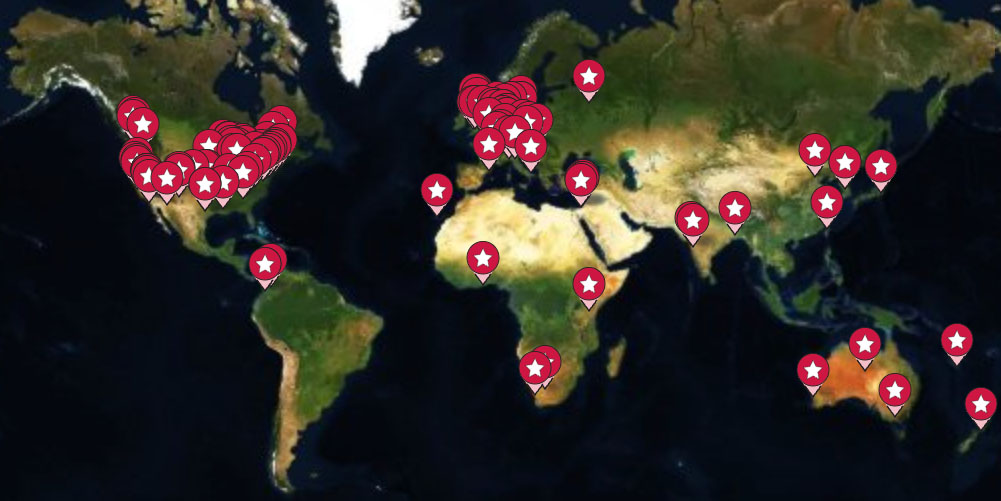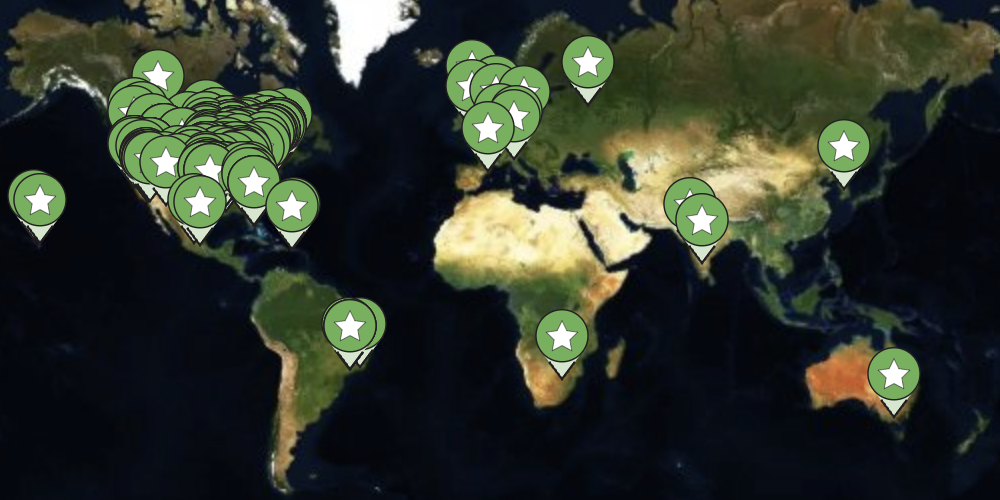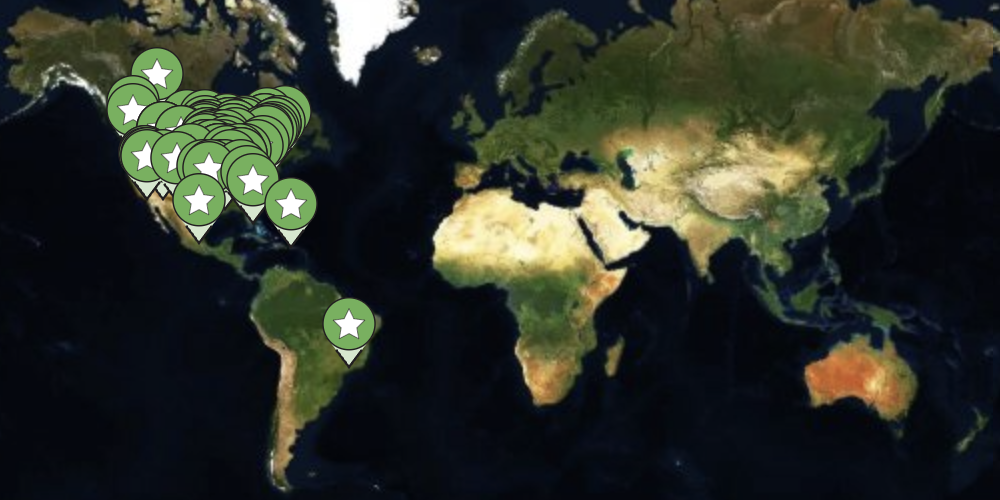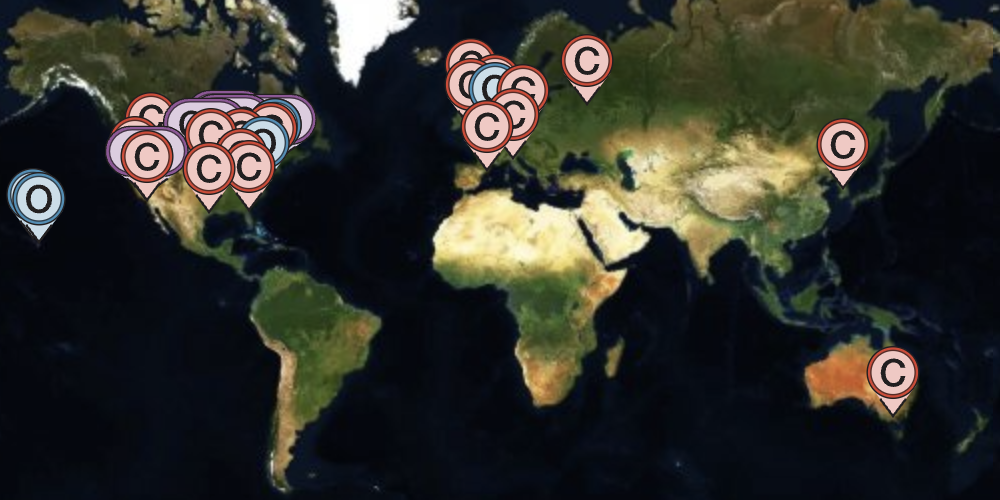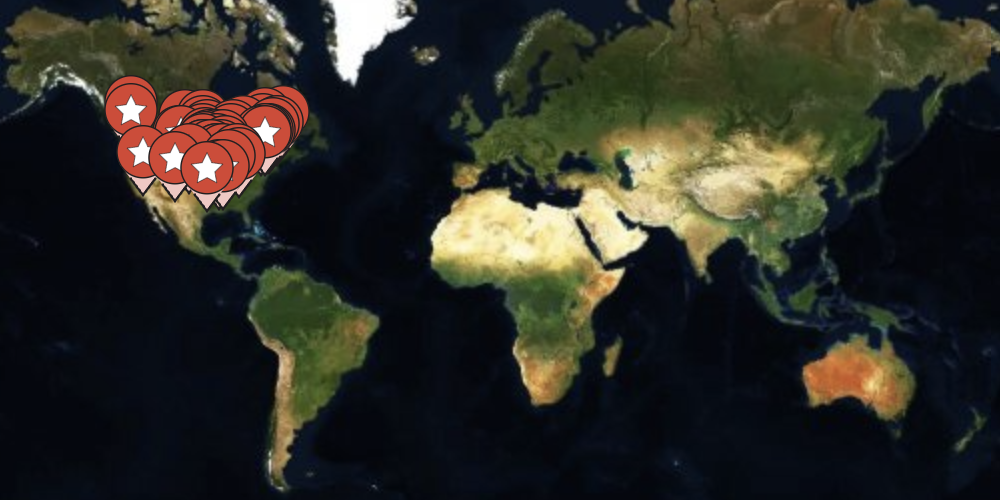Bring the power of throughput
computing to your science with 
Researchers and Educators
Apply for Compute Capacity
Use OSDF Storage Capacity
Organizations
Build or Share HTC Capacity
PATh: NAIRR Pilot Service Provider for AI Workloads
More on PATh Services for NAIRR
For Researchers
PATh Facility
The PATh facility provides compute capacity made available for researchers by the NSF through request. The dedicated capacity allows researchers to run HTC workloads on purpose built hardware from the convenience of a dedicated Access Point.
OSPool
Join hundreds of US-affiliated researchers and educators in harnessing the compute and storage capacity of the OSPool.
Sign up today for your No proposal, No allocation, No cost OSPool Account!
OSDF
US-affiliated researchers can use the OSDF to make their datasets available for sharing or processing on the OSPool. The OSPool can be used to analyze the data via the OSDF. Existing repositories can be connected to the OSDF or researchers can request storage space funded through the NSF's CC* program.
For Organizations
Build local HTC capacity with the HTCondor Software Suite. Share computing capacity, data, and software between collaborators and even across continents.
Share campus computing and data resources into the US national cyberinfrastructure via OSG. Contact our support staff to collaborate on the right options for your desired outcomes.

Documentation & Training
OSPool Documentation
Facility Documentation
Meet Facilitation Team
View HTC25 Material
News & Events
OSG by Maps
Services
PATh Facility Credit Accounts
The Partnership to Advance Throughput Computing (PATh) project is funded by the NSF to advance High Throughput Computing (HTC) and its impact on research and education. To achieve this goal, PATh operates a fabric of capacity services that ranges from Research Computing Facilitation to Access Points capable of managing distributed HTC workloads. PATh has added to its fabric of services support for capacity credit accounts.
Meet the Facilitation Team
Facilitation Services leverage the CHTC-pioneered principles of Research Computing Facilitation to accelerate dHTC uptake by campus researchers and collaborations via the Open Science Federation and OSG-Operated Access Points, and by campuses and other organizations interested in advancing their own dHTC and dHTC Facilitation capabilities.
Global Infrastructure Laboratory
PATh is committed to openness in the science and institutions we support, in innovation of technologies and methodologies, and in interfaces to the broader ecosystem of NSF-funded CI services, especially as the fabric of coordination services evolves. To facilitate ingestion of ideas into HTCSS, and services into FoCaS, the Global Infrastructure Lab (GIL) tests and evaluate infrastructure software from inside and outside the partnership.
NRP's Collaboration with PATh
PATh and National Research Platform (NRP) collaborate and share a common mission to build open cyberinfrastructure and expand services for scientific research affiliated with US academic institutions. Both projects are supported by the National Science Foundation (NSF)’s Office of Advanced Cyberinfrastructure (OAC) award.
Production Services
The Production Services team, as part of the Fabric of Capacity Services (FoCaS), maintains services essential to delivering science using OSG Consortium resources. The Compute Management services allow for sharing of computing resources, provisioning pools of computing resources, job execution management. Data Management services provide for serving and pre-placing data in support of workflows. Additionally, services such as identity management, monitoring, and accounting enhance and secure the fabric.
Software Development
The Software Development Team supports, sustains, and enhances the HTCondor Software Suite (HTCSS) to enable the potential of distributed High Throughput Computing. This suite of software tools includes HTCondor, components to build both on-premise HTCondor compute clusters for use by independent academic, commercial, and government campuses, and components to support the federation of processing and data resources across the OSG.
Support for the CC* Program
The National Science Foundation Campus Cyberinfrastructure (CC*) program (NSF 24-530) invests in coordinated campus and regional-level cyberinfrastructure improvements and innovation. PATh has experience offering consulting to CC* projects during the proposal phase for various aspects of the proposed project.





